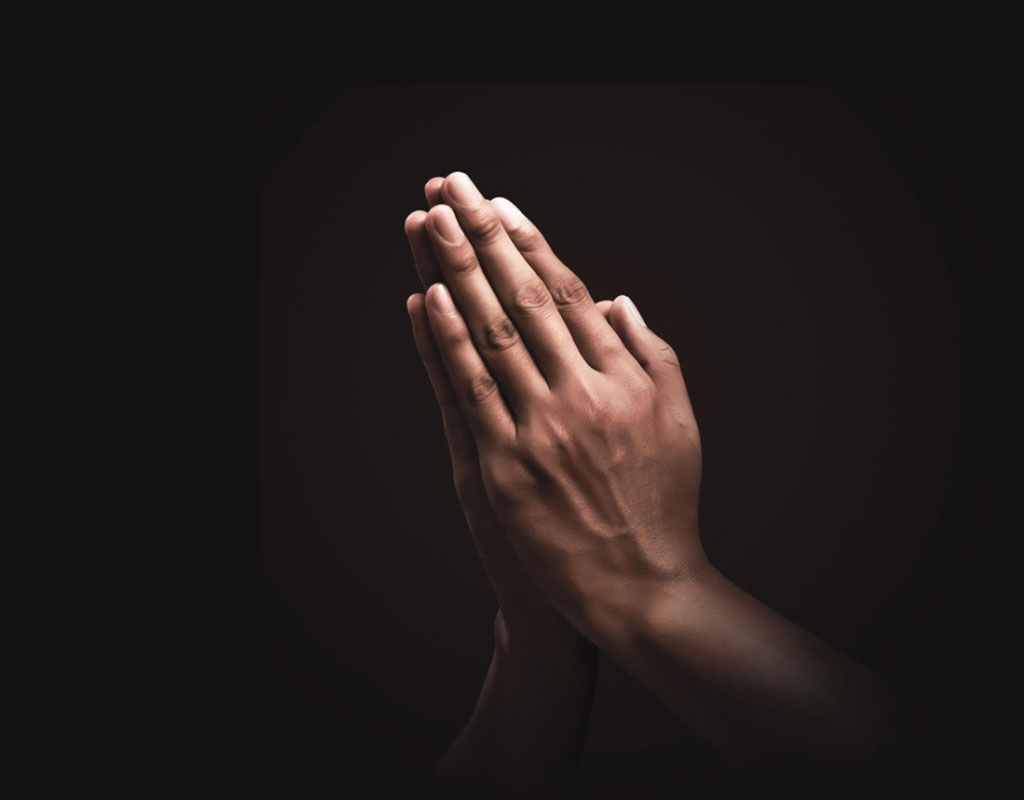‘Ram bharose’: a fatalistic expression implying helplessness in the face of force majeure, often accompanied by a shrug and shake of the head. Literally, it means leaving everything to the Almighty
By Bhavdeep Kang
Congress leader and MP Shashi Tharoor used the phrase in a pejorative sense, when he tweeted about Prime Minister Narendra Modi’s Ram Navami address to the nation “at 9 am for 9 minutes”, asking citizens to light diyas/candles “at 9 am for 9 minutes”. Invoking the auspicious number 9 was a piece of showmanship typical of Modi, said Tharoor. He implied that it was aimed at distracting the nation from the absence of a credible game plan to address the Covid-19 pandemic and its after-effects.
Public Sentiment
Tharoor was at least partly correct and what’s more, it worked. The PM, with his incredible grasp of public sentiment, understood that more than anything else, citizens needed faith to sustain them during the lockdown. Faith would motivate them to help their less fortunate fellows and to look after families. Faith would prevent the nation from sinking into despair. The image of PM Modi – all flowing white hair and beard, like the rishis of old – exhorting people to follow their dhamma, had a powerful impact.
All over the country, citizens’ associations and individuals organized relief efforts for daily wage and migrant workers, beggars and slum-dwellers. A society, which for decades, has suffered from the ‘dependency syndrome’ and habitually relies on ‘mai baap’ sarkar for the necessities of life, suddenly stood up. Food packets were distributed, langars organized, money donated to those out of work and personal protective gear arranged. The more citizens engaged in relief efforts, the less time they had to brood!
The ‘Chal bhai Ram bharose’ attitude allowed Indians to handle the psychological impact of the pandemic better than most parts of the world. The Western mind, having bought into an illusion of control as a result of the industrial and scientific revolutions, tends to be less elastic.
Indians know from the cradle onwards that the only our own choices and actions are within our control and the rest must be left to the Cosmos, i.e., ‘Ram bharose’. This quiet acceptance makes us resilient. A journalist who suffered the physically and mentally shattering effects of a severe Covid-19 infection, wrote a moving piece on her experience, concluding that she learnt to “give up the illusion of control and appreciate the value of patience and endurance”.
Illusion of Control
What do we mean by “illusion of control”? In today’s world, we defeat extremes of weather with air-conditioning devices, enslave microbes to produce foodstuffs and medicines, level mountains in an instant, conceive children in test-tubes, grow human skin in laboratories, clone animals, gaze at the limits of the universe, plan colonies on other planets and so on, giving us unprecedented control over our internal and external environment.
The modern mind reveres technology and has an almost child-like faith in science, based on the conviction that, given enough time, science can find the solution to all problems and the answer to all questions. Science can make us immortal. If a meteor streaks towards the Earth, our brave scientists will ensure it is blown up before impact. If global warming threatens humanity, our scientist-saviours will find the means to stave off its worst effects. Scientists are working on quantum computers that, we are told, will give us god-like powers over the universe.
Yet, all it took to bring humanity to its knees was a virus, straddling the realms of the animate and inanimate. Small wonder, it is scientists who often have the strongest spiritual streak!
Indians know from the cradle onwards that the only our own choices and actions are within our control and the rest must be left to the Cosmos, i.e., ‘Ram bharose’

To quote Max Planck, the originator of quantum physics: “I regard consciousness as fundamental. I regard matter as derivative from consciousness. We cannot get behind consciousness. Everything that we talk about, everything that we regard as existing, postulates consciousness.” Students of Hindu philosophy would agree. To this day, the mind-boggling implications of quantum physics lead scientists to conclude that there are hidden realities – what role consciousness has to play provides endless fodder for philosophers.
Albert Einstein, who more than any other individual has shaped the world we now live in, famously observed that “Science without religion is lame, religion without science is blind”. Equally well-known is the remark by Robert J Oppenheimer, the father of the nuclear bomb, when he witnessed the first explosion: “Now I am become death, the destroyer of worlds”. The quote from the Bhagavad Gita reveals Oppenheimer’s strong attraction to Hindu philosophy, which was his way of making sense of his actions.
Ram Bharose Attitude
Thus, scientists are all too aware that the universe is and has always been ‘Ram bharose’. But the term is often misinterpreted, as it does not in fact imply an absence of free will. Nor is it an argument for inaction. The doctrine of karma postulates a causal link between our actions and their consequences, but determinism ceases at the level of consciousness because we can choose our actions.
We can shape our own fate, within the parameters we are provided. In the phenomenal world of nature, we see causal links everywhere, but in consciousness we find freedom. To cite S Radhakrishnan, we cannot choose the cards we are dealt, but we can choose how to play them.
To say that the post-Covid world is ‘Ram bharose’ is to acknowledge that we are subject to global forces beyond our control and as we move forward, we will have to factor in those new realities. For us, ‘Ram bharose’ is as much an expression of hope and optimism as it is an acceptance of things as they are.
